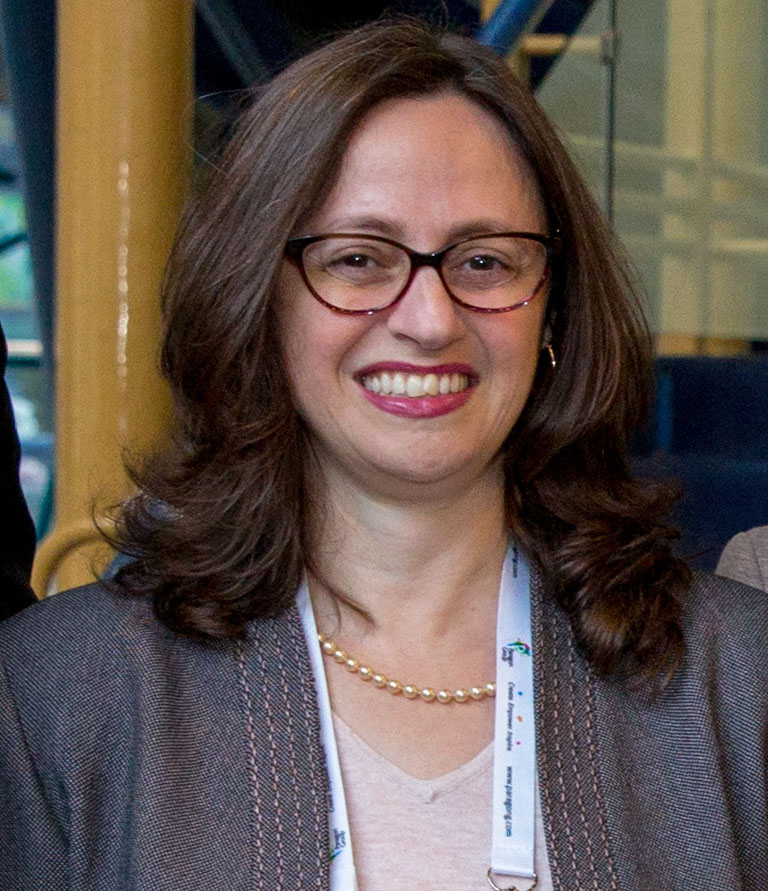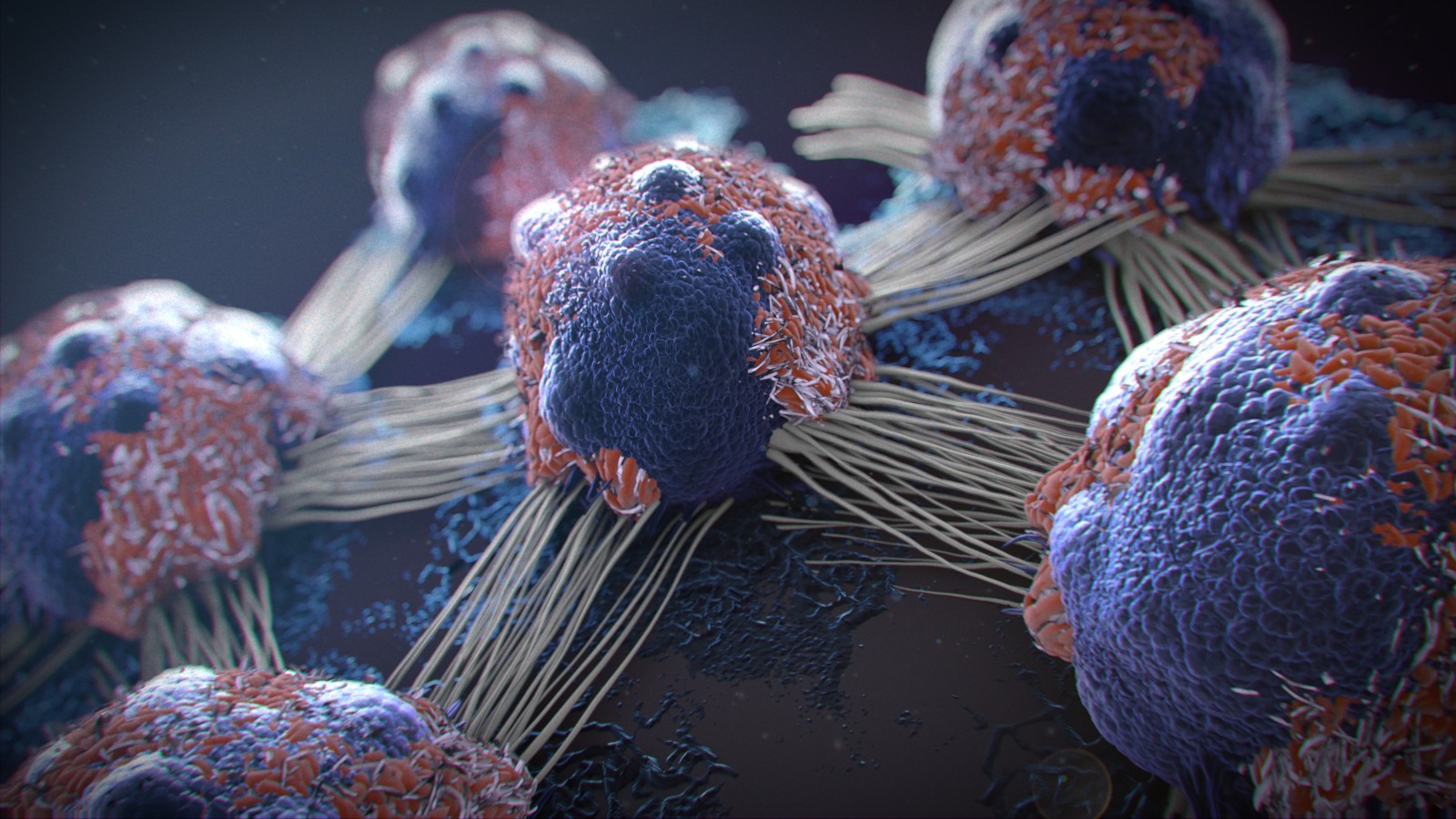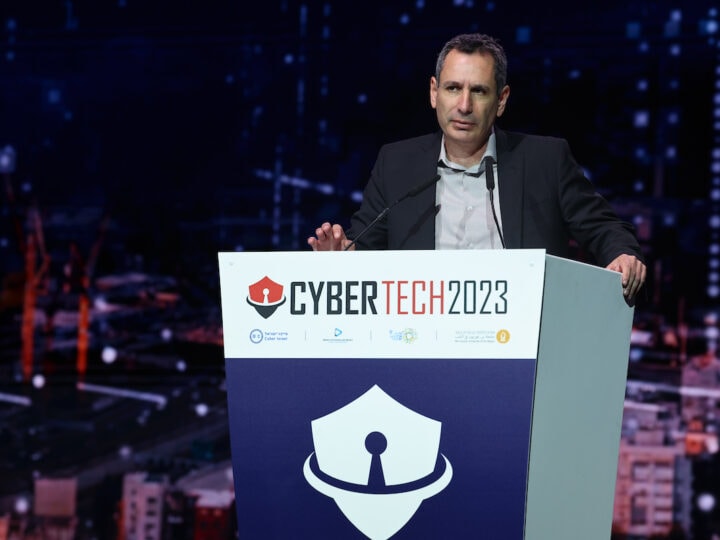A new mechanobiology-based technology can predict within two hours whether a tumor is cancerous and, if so, how likely the cells are to spread (metastasize) to other parts of the body.
The method was developed and tested by research team led by Prof. Daphne Weihs of the Technion-Israel Institute of Technology. The study was published in the Annals of Biomedical Engineering.
Weihs’ technology determines metastatic risk by placing cells samples from a tumor onto a synthetic gel. If the cells are invasive – cancerous — they rapidly and forcefully push into the gel’s surface.
This mechanical invasiveness assay could be applied to many, if not all, solid tumor types. It successfully differentiates between benign (not cancerous), non-metastatic, and metastatic tumor samples. And the number of indenting cells and other measurements provide a prediction of their likelihood to metastasize.
Metastasis is responsible for 90 percent of cancer-related deaths. Early prediction of increased metastatic risk can significantly affect disease management and improve treatment outcomes.

Current methods used to estimate the likelihood of metastasis and tumor recurrence are time-consuming and require extensive examinations that take days or even weeks
Weihs and her team successfully tested the rapid technology on pancreatic tumor cell samples collected from volunteers at the Rambam Health Care campus and on established breast and pancreatic cell lines.
The results were validated against the current standard clinical protocols and agreed with the clinical diagnoses, prognoses and patient outcomes. The results also matched established cell lines of the same cancer types.
“The gels are a customized platform that mimics the physiological stiffness of soft tissue. The invasiveness of cells sampled from tissues is rapidly and quantitatively evaluated using our innovative mechanical invasiveness assay, which we are currently developing into a clinically applicable technology,” said Weihs.

















